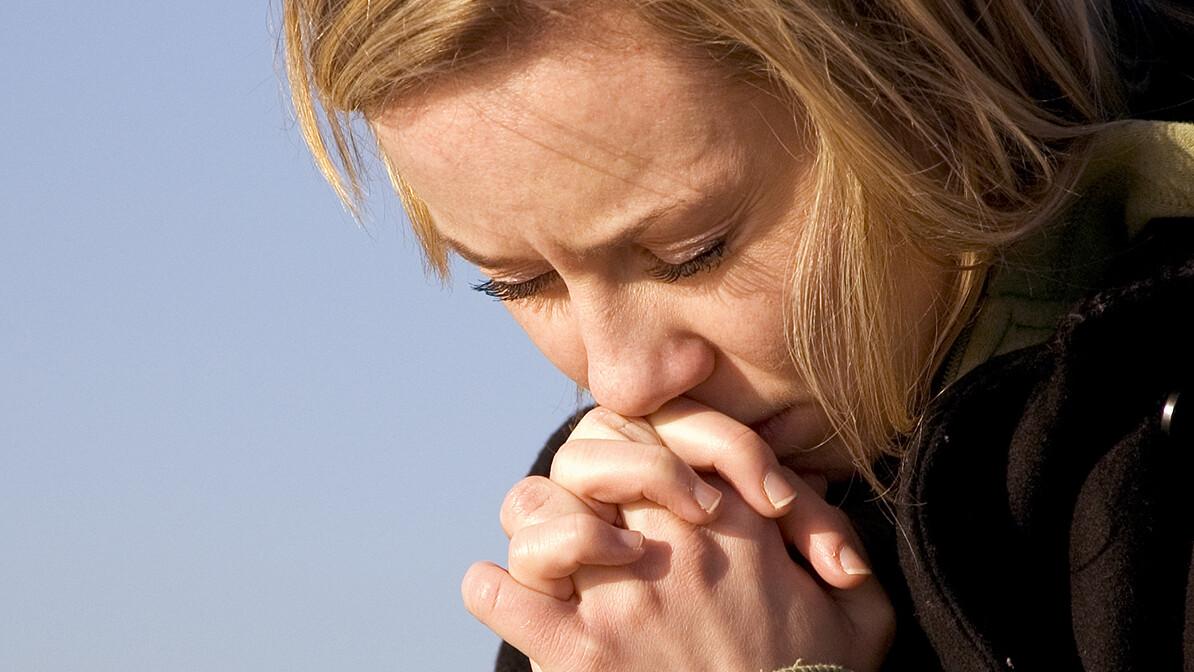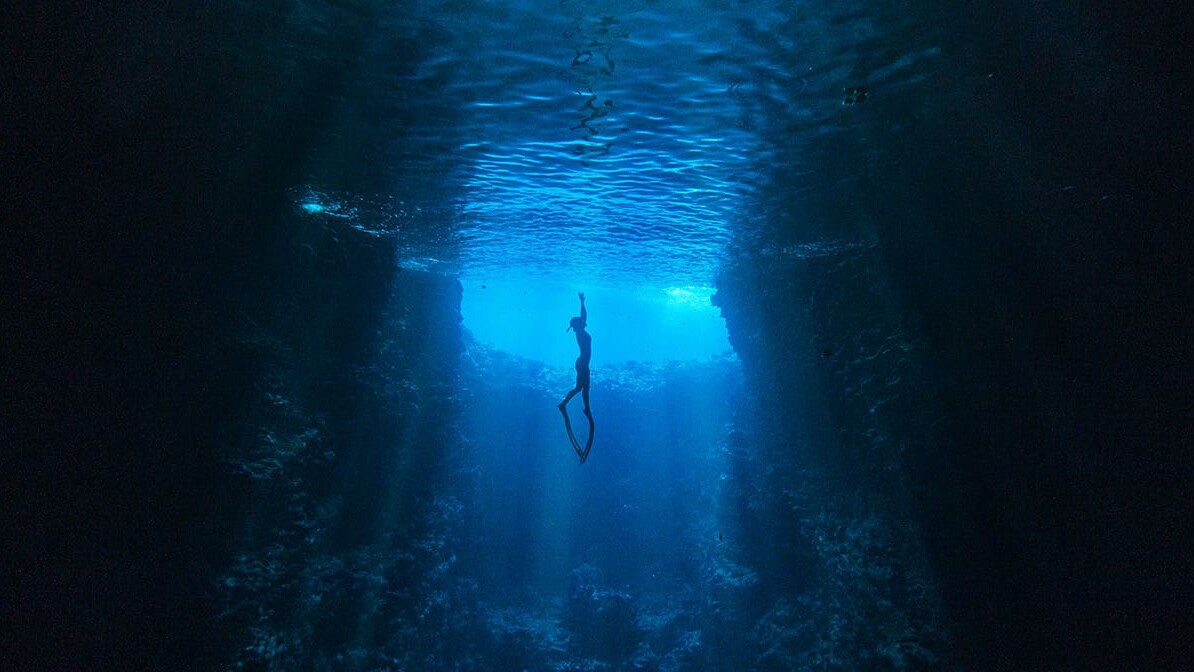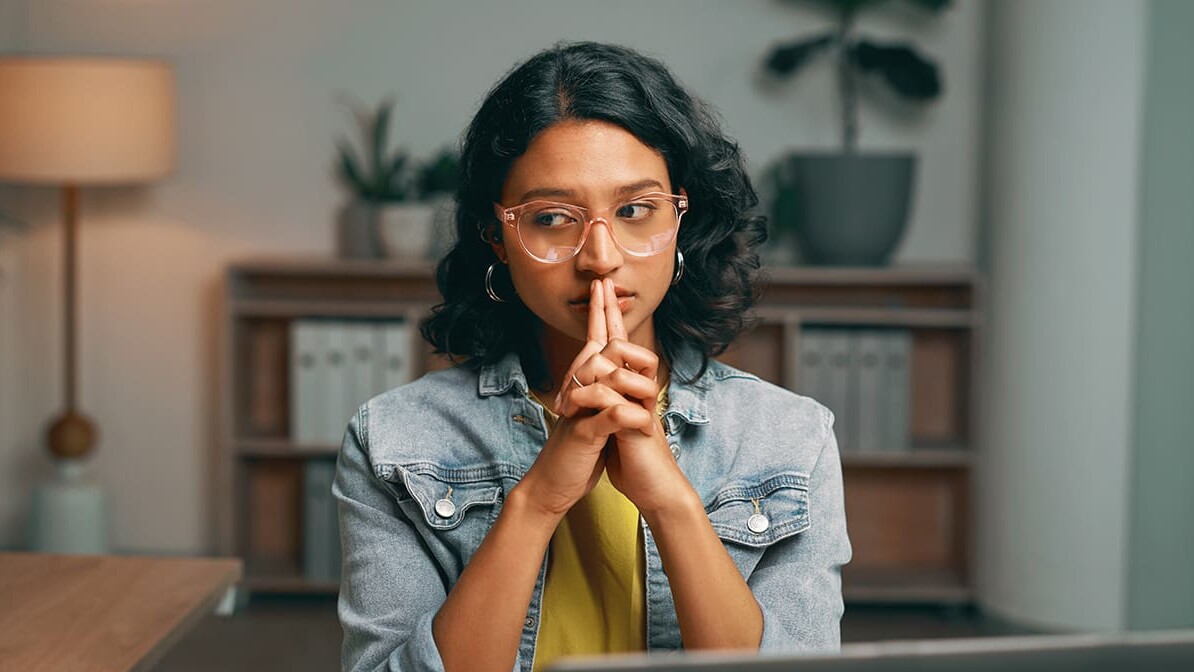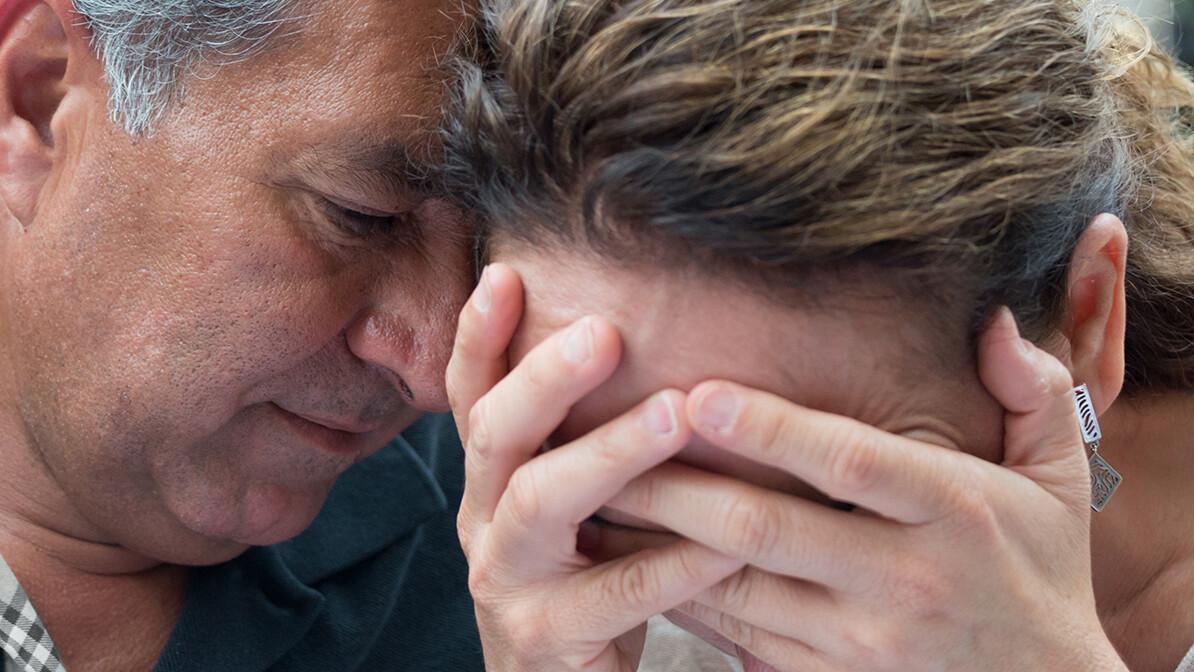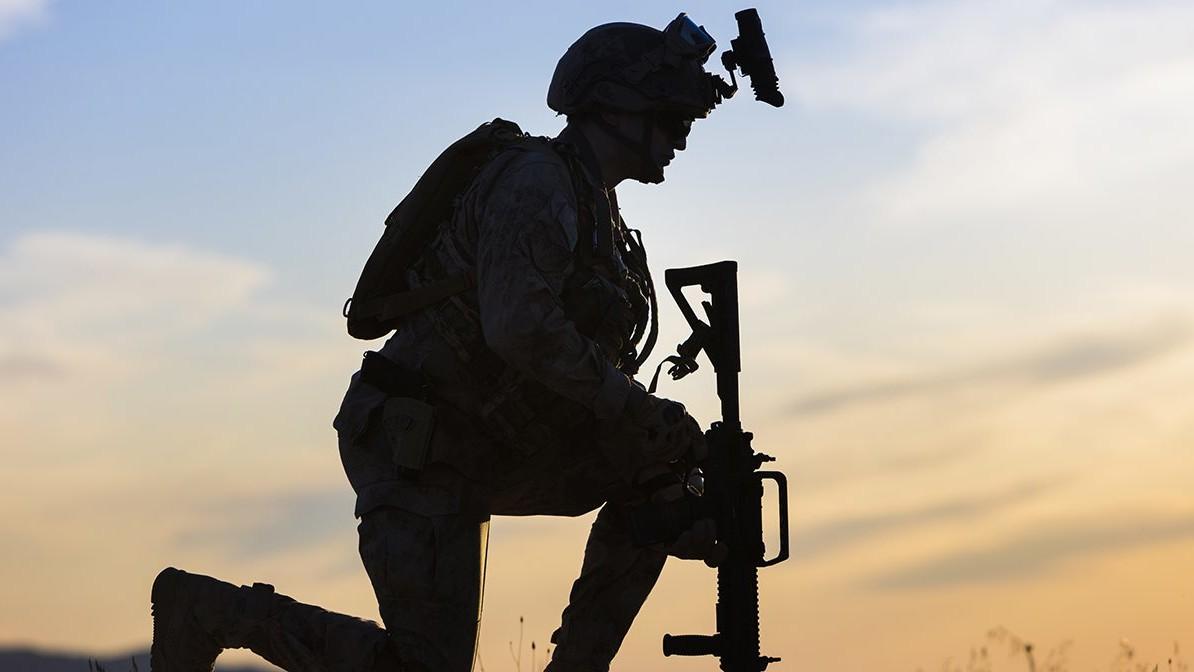
Standing Together: A Wounded Warrior and Enduring Love
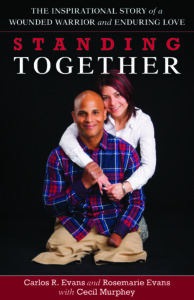 Craig: First of all, thank you for your service. How long in total were you in the service?
Craig: First of all, thank you for your service. How long in total were you in the service?
Carlos Evans: Eight years.
CVB: What was it that drew you to the military?
Carlos: I have uncles and grandfathers who served. Then after 9-11, that was my answer. A military career was something that I always had in my mind, but 9-11 really woke up that passion that I have to serve my country. I was in Puerto Rico at that time and I worked at a rain forest. There were a lot of people visiting us that day, and just seeing the pain and the shock of the people, I experienced something that I had never experienced before. I remember a couple of years after seeing Marines that were put in Iraq and I felt strongly in my heart that I should be there. This is something that I need to do. And I did it.
CVB: So when was your first deployment overseas and where were you stationed?
Carlos: My first appointment was in 2005 in Iraq.
CVB: And overall you had four deployments, is that correct?
Carlos: Yes. I had four combat deployments – three in Iraq and my last one in Afghanistan in 2010.
CVB: Okay. So Afghanistan is a totally different ball game. You went from basically a desert type climate to a mountainous climate. Tell me, how did you adjusted to that difference?
Carlos: Well, we had a lot of training in different areas of the country. So when we got there, we just adapted. We knew it was going to be different, so we just put in practice what we had learned in our training.
CVB: Now your wife, Rosemarie, comes into the picture. When did you get married?
Carlos: It was after my third deployment to Iraq. We grew up together. I have known her since I was about seven years old. It was years later that we started spending time together and got married.
CVB: So it had not really been that long that you had been married when you went to Afghanistan.
Carlos: No, not at all.
CVB: So you were in Afghanistan when something happened on May 16th, 2010, that changed your life forever. Tell me about that day.
Carlos: I was leading patrols and missions in Helmand Province. I woke up and did my prayer that morning. I was with my Marines and we went on a foot patrol. There were about 19 of us. While we were on the patrol, we found some IEDs, improvised explosive devices. We found maybe about eight of them and my tank took care of that. Then when we were getting ready to come back, I remember standing up and I walked about eight steps. And that’s when I heard an explosion. I didn’t know that something happened to me. I thought something happened to someone else. I was calling for my medic to assess the situation because I was the leader of that patrol. When I saw my men surrounding me and my medic talking to me, that’s when I noticed, “Oh, I think something happened to me.”
What happened was that I immediately lost both of my legs above my knees and part of my left arm. My left hand was amputated. I was evacuated by my team of Marines. From there I went to a hospital in Afghanistan and then to Germany for treatment. I spent four days in Germany in an induced coma. Then from Germany was taken to Bethesda Hospital in Washington, D.C.
CVB: Where did Rosemarie meet you?
Carlos: The notification team informed her of what happened to me. So she waited for four days in Puerto Rico to hear how I was doing. Then she was flown from Puerto Rico to Washington, D.C. to meet me at Bethesda Medical Center. When I opened my eyes in the hospital after about a week, I saw Rosemarie right in front of me.
CVB: So were you in and out of consciousness during that week or were you completely unconscious?
Carlos: I was completely unconscious in an induced coma because of the pain and all the surgery.
CVB: So let’s talk about Rosemarie’s experience. She was informed that there was an incident, but she didn’t really know what was happening. Is that correct?
Carlos: She was informed that she had to prepare for the worst, but they couldn’t tell her exactly what happened to me. They told her that I lost both my legs. But she had to wait about four days to be able to see me, because they didn’t know how I was going to react. I was in Germany for about four days. So every day they had to come by and send a message about my status.
CVB: That must have been very difficult. Did she have family around her and friends that were supporting her at that point?
Carlos: It was a very difficult time. She had a lot of support from our family and from our church back home as well. There were a lot of people supporting her.
CVB: Let’s flip it over to your perspective. So you fall asleep in Afghanistan and now you’re in Washington, D.C. and your wife is there. Tell me what’s going through your mind at this point,
Carlos: When I opened my eyes in the hospital and I saw my wife in front of me, immediately I was thinking about my Marines. When I got blown up I wanted to die because of all the pain I was feeling. But my Marines were trying to keep me alive and keeping me alert. That’s when I started to pray. I remember one of my Marines asking me, “What’s your wife’s name?” And I kept telling him: Rosemarie. He told me, “You’re not gonna die here today. You’re going to go back home and you’re going to see your wife. So when I opened my eyes in the hospital room and I saw Rosemarie right in front of me, that was the first thing that came to my mind. “Here I am in front of Rosemarie!”
CVB: Yeah. Wow. That’s intense. I can only imagine. So now you’re facing rehab. Tell me about that transition. You’re a man and you’re a leader. You have a mission. Were you planning to be a 20-year Marine Corps veteran.
Carlos: Yes. I was looking at the career.
CVB: So what was going through your head and through your emotions as you’re looking at this new circumstance?
Carlos: Well, at the time I was happy to be alive.
CVB: Yeah.
Carlos: But as time went by, reality sank in that I didn’t have any legs and that I was missing my left hand. I didn’t think I was going to be the husband that I promised my wife. I didn’t think I was going to be the father that I promised my daughters. And I didn’t think I was going to be able to be a Marine. I didn’t think I was going to be able to provide for my family or be able to do good with my life.
I was very depressed. I was facing Post Traumatic Stress Disorder (PTSD) and a Traumatic Brain Injury (TBI). There were many changes in my life that I didn’t know how to deal with. I had a lot of support from my doctors, nurses, volunteers, and the Marine Corps. I had a lot of support from my wife. If I wanted to stay in the Marines, I could have stayed in.
CVB: Oh, really?
Carlos: Yeah. But going through that very dark moment, I was just trying to see what I could do with my life? Sometimes I was suicidal as well. So it was very, very hard at first.
CVB: What did you decide as far as a career and future? I’m sure you and Rosemarie had a lot of conversations.
Carlos: As time went by, my nurses, my doctors, my therapists all said, “We have to take it one day at a time – achieving small goals, day by day.” It was amazing to see that I can do things, not the same way as I did before, but I could find another way of doing them. So that was very good. But at the same time, I didn’t like the new body that I had. I was struggling with my identity. I was struggling with how people looked at me. To go outside and play with my daughters, and just do the things I used to do before, that was a very big struggle.
I wanted to give up because I really didn’t know how to deal with all this. I was in a very dark place. I was saying, “God, why me? Why am I going through this? What did I do to deserve this?” My faith was shaken.
One day I talked to Rosemary and I told her: “Why don’t you continue with your life and I continue with mine. Why don’t you take the girls and I’ll just stay here.” I didn’t feel it was fair for her to be with me.
But Rosemarie sat right in front of me said, “I love you for the man you are today. I love you for the man you were yesterday. And I love you for the man you’re going to be tomorrow.” And that shook my heart. I responded, “The only reason you’re saying that is because of pity. You can’t love me because of all the wounds in my body. I’m a different person.”
She answered: “That’s the difference between you and me. I don’t see your wounds, I only see your scars.”
I asked, “What do you mean by that?” My wife is a nurse as well and she told me that when a patient goes into the hospital with open wounds, the doctor sees and cleans it. Then, after some time, the wound becomes a scar. When you look at the scar, you see the evidence that the wound was healed.
“So when I see your scars,” Rosemarie answered, “I only see the evidence that your wounds were healed, that you are a survivor, and the evidence that your doctor was Jesus.”
CVB: Wow. That’s awesome!
Carlos: That was a life changing experience because right there, I saw that this is the way God sees me. I am whole. I am not incomplete. I’m complete because He fulfills everything in my life. Right at that moment I started looking at life differently, focusing on the things that I had and not on the things that I didn’t have.
CVB: You were blessed to have a person like that in your life.
Carlos: Oh, yes!
CVB: So where did you go from there?
Carlos: We lived two years in the hospital and went through a lot of therapy. Then we went back to North Carolina and a non-profit organization built a home for us that was accessible for me and my family. I can use my wheelchair and everything is accessible. It is close to my local church. So as we were establishing ourselves back home, we had a lot of support from our community and our local church. We just started living our new normal.
Soon God started opening doors and we started sharing our story with other people. We saw that everybody in life goes through pain and it doesn’t matter where you’re from. Everybody sheds a tear. As we shared our story of hope and resiliency, the Lord just started opening doors. And here we are today.
This is the reason I say, today we’re touching more people with one hand than when I had two hands. I’m leaving more footprints in more hearts than when I have feet. All you need to touch someone is a heart and faith. This is what my book, Standing Together is all about. When I talk to people and they share how they’ve been inspired by reading the book and how they are now aware of the needs of wounded service members as well, it’s great. It’s been a beautiful experience.
…
Order your copy of Standing Together: The Inspirational Story of a Wounded Warrior and Enduring Love
Trending Now
Sign up today for your Inspiration Today Daily Newsletter
Supercharge your faith and ignite your spirit. Find hope in God’s word. Receive your Inspiration Today newsletter now!
Dr. Craig von Buseck
Dr. Craig von Buseck is an award-winning author. Learn more at vonbuseck.com
Related Articles
April 18, 2024
Have You Ever Said, ‘God, Please Help Me’?
“Pray. Just pray.” What happens when the words won’t come? How do you begin to pray? Rest assured.…
April 15, 2024
I Want to Live
What does God do with a good ol’ southern boy taken captive by the demon of alcohol? He meets him…
April 9, 2024
Pregnancy and Infant Loss: Helping Grieving Families Part 1
When you consider that one in four American women experience the grief of…
Next Steps To Strengthen Your Walk
Submit A Prayer Request
We are here for you. Simply click on the button below to reach us by form, email or phone. Together we will lift our hearts and voices with you in prayer.
Partner WIth Us
Sow a seed of faith today! Your generous gift will help us impact others for Christ through our global salvation outreach and other faith based initiatives.
Inspiration TV
Watch Christian content from your favorite pastors, christian movies, TV shows and more.



